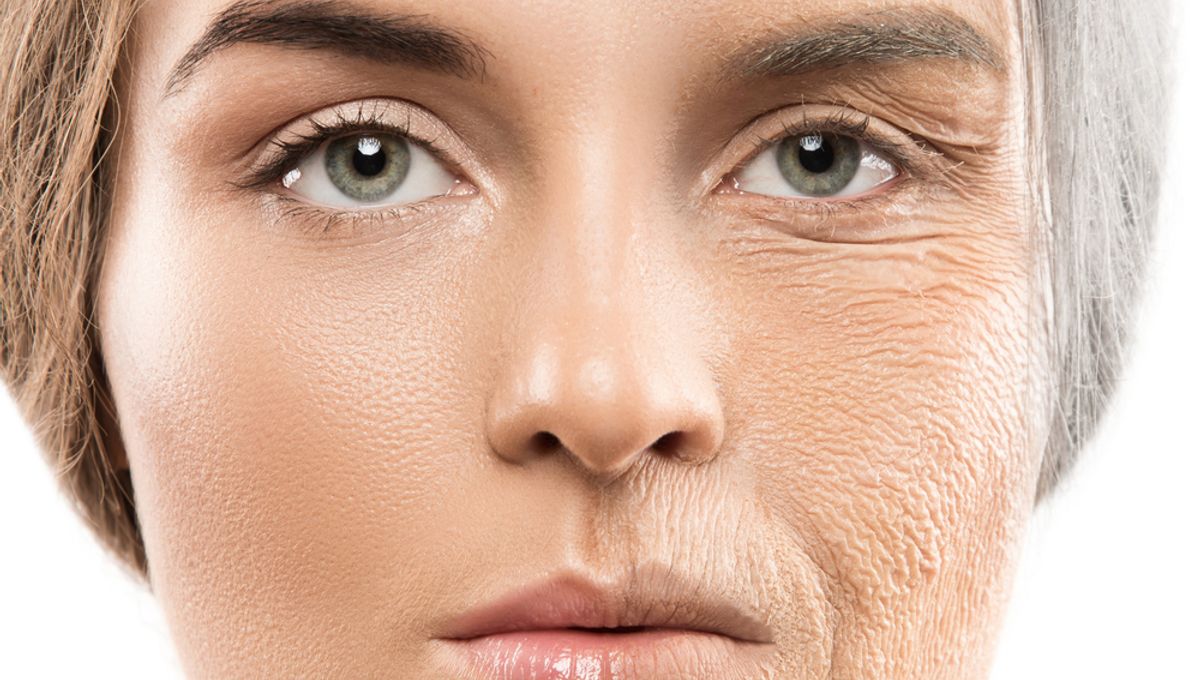
Scientists claim to have reverted cells to a younger state by using just a chemical therapy, marking a potential breakthrough in anti-aging research. The study builds on existing research into anti-aging genes that won a Nobel Prize, so the approach certainly warrants a closer look, though it remains experimental and on small cell cultures at this time.
Previous attempts used a very expensive and time-consuming genetic editing approach, which limits how scalable these therapies can be. The ultra-rich are investing heavily into this technology (understandably) but without more scalable and efficient options, that small group may be all anti-aging is reserved for.
Instead, the work led by a team of scientists from Harvard Medical School have looked to specific genes called Yamanaka factors. These factors are directly involved in turning cells into induced pluripotent stem cells (iPSCs), which have the ability to turn into any other cell in the body. Essentially, they can make a cell young again.
In addition, this process doesn’t appear to create cells that are prone to cancer, a difficult problem for anti-aging research. Aging cells are a mechanism to prevent cells from accumulating harmful mutations that can result in cancer, so stopping or slowing this process can often have alternative effects.
If they can target these factors and use them to make old cells into iPSCs, it wouldn’t just slow aging – it could reverse it.
“Until recently, the best we could do was slow aging. New discoveries suggest we can now reverse it,” said David A. Sinclair, Professor in the Department of Genetics and lead scientist on the project, in a statement.
“This process has previously required gene therapy, limiting its widespread use.”
In this study, the researchers continued with this approach and screened for new molecules that could be used in conjunction with Yamanaka factors to further reverse aging, and they found promising results. They identified six chemical cocktails that were able to reverse aging, according to new tests they developed, and make cells biologically “younger” in less than a week.
In previous studies in mice, researchers found administering Yamanaka factors with a viral vector was able to improve eyesight and other hallmarks of aging, suggesting it could be a viable therapy. The authors state that using a drug approach could have far-reaching impacts in the field, with lower costs and timelines for development pushing along our ability to combat aging.
Now, the team looks to improve on their findings while the anti-aging field awaits human trials of a genetic therapy in 2024. It remains to be seen whether the drugs will work on humans, but the approach certainly looks promising.
The study is published in the journal Aging.
Source Link: Anti-Aging Breakthrough As Scientists Reverse Aging With Simple Drug Cocktail